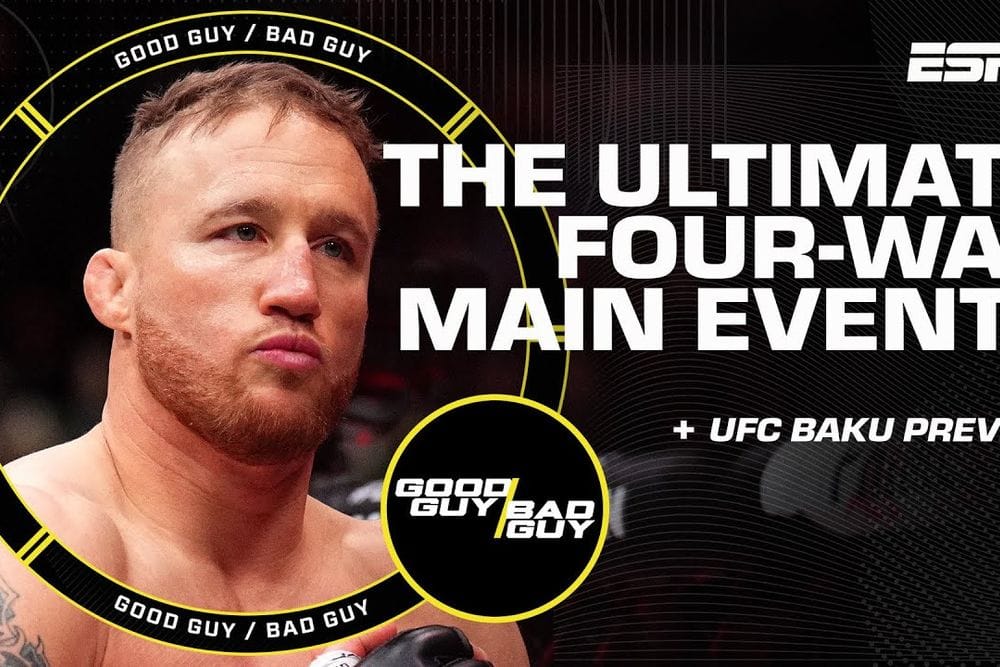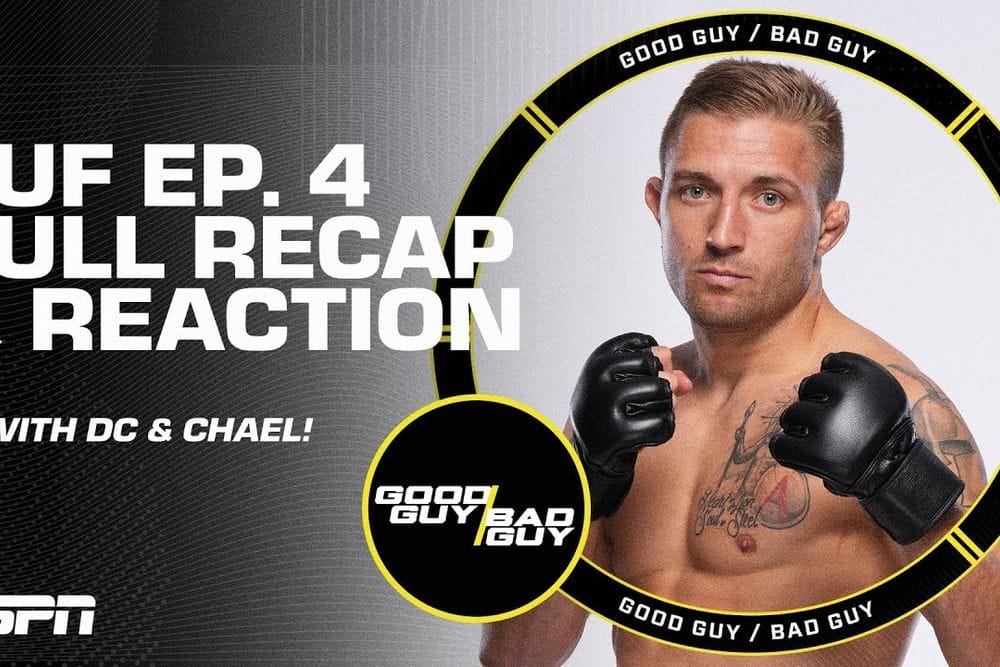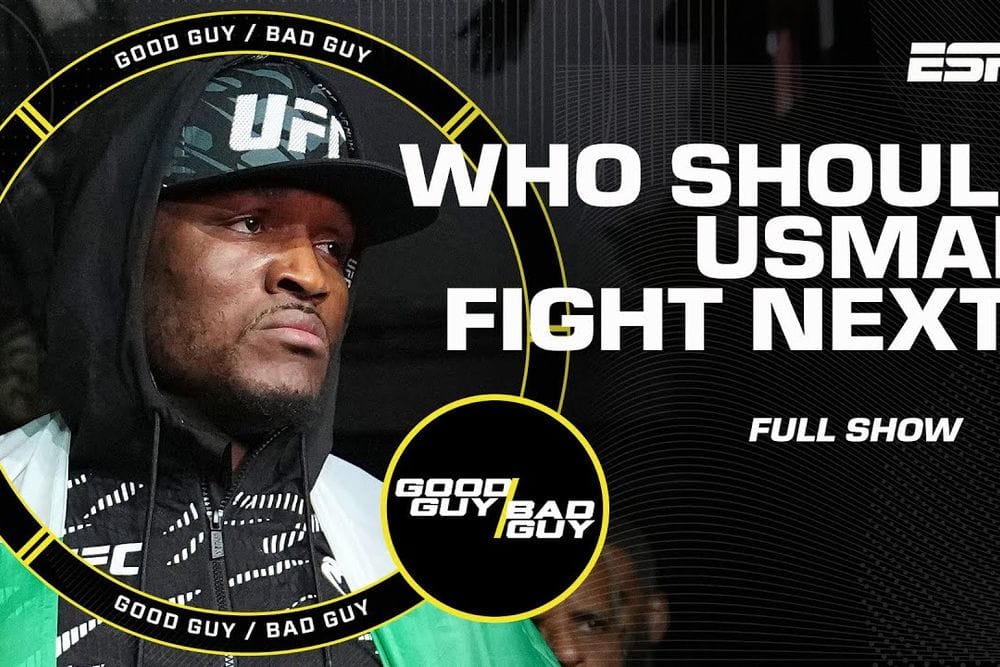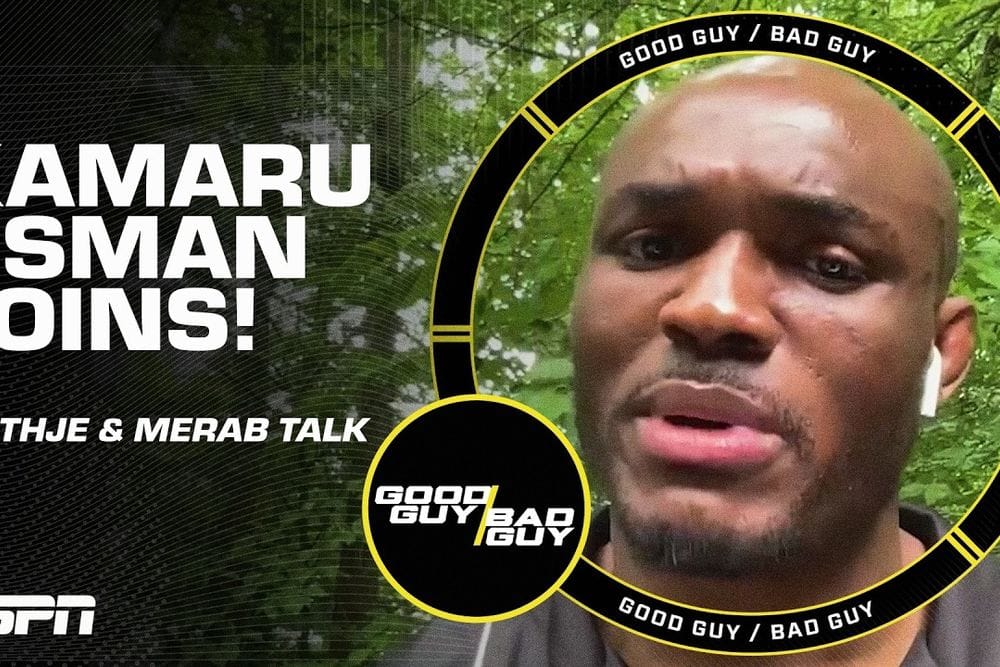Daniel Cormier Urges Islam Makhachev to Embrace Heel Role in UFC
Daniel Cormier suggests UFC champion Islam Makhachev adopt a heel persona to boost his fan engagement. This shift could elevate his career by creating dramatic narratives and high-profile rivalries.
Cormier's Call for a Character Shift
In a recent segment on ESPN MMA, Daniel Cormier shared his thoughts on how UFC lightweight champion Islam Makhachev could elevate his presence in the sport. Cormier suggests that Makhachev, known for his dominant performances and reserved demeanor, should consider adopting a heel persona to captivate fans and create more buzz around his fights. This idea stems from the belief that a more polarizing character could help Makhachev stand out in the highly competitive UFC landscape, drawing parallels to other fighters who have successfully used controversy to boost their profiles.
Makhachev's Current Persona and Potential
At around the 0:45 mark of the video, Cormier highlights Makhachev's current status as a respectful and humble champion. While this has earned him admiration from many, Cormier argues that it might not be enough to generate the kind of excitement that drives pay-per-view numbers or social media engagement. He points out that Makhachev's fights, though technically brilliant, often lack the dramatic narratives that come with a more antagonistic role. Cormier believes that by embracing a heel turn, Makhachev could tap into a new level of fan interaction, whether through trash talk or a more aggressive public image.
Examples from UFC History
Further into the discussion, near the 2:10 timestamp, Cormier references past UFC stars who have thrived by playing the villain. Without naming specific fighters in this context, he emphasizes how a shift in persona can lead to bigger opportunities, including high-profile matchups and increased media attention. The suggestion is that Makhachev could follow a similar path, using a heel role to create rivalries that resonate with audiences and build anticipation for his bouts. This strategy, according to Cormier, could be particularly effective given Makhachev's already established reputation as a top-tier fighter.
Challenges of a Heel Turn
Toward the 3:30 mark, the conversation touches on potential challenges Makhachev might face in making such a transition. Cormier acknowledges that changing one's public image is not easy, especially for someone who has consistently presented themselves as respectful and focused on their craft. There’s a risk that fans might not buy into a sudden shift, or that it could feel inauthentic if not executed with genuine flair. However, Cormier remains optimistic, suggesting that even small changes in how Makhachev interacts with opponents or the media could start to reshape perceptions over time.
Impact on Makhachev's Career Trajectory
Closing out the segment around the 5:00 point, Cormier speculates on the broader impact a heel turn could have on Makhachev's career. He envisions a scenario where this change not only boosts Makhachev's visibility but also positions him for blockbuster fights that might otherwise be out of reach. The idea is to create a narrative that draws casual viewers, not just hardcore fans, by adding an element of drama to his already impressive skill set. While no definitive plan is laid out, Cormier’s enthusiasm for the concept is clear, as he sees it as a way to maximize Makhachev’s potential in and out of the octagon.
Final Thoughts on Persona in MMA
The video wraps up with a broader reflection on the role of persona in mixed martial arts. Cormier underscores that while talent is paramount, the ability to connect with fans through personality can be a game-changer. For Makhachev, who has already proven himself as a champion, this could be the next step in cementing his legacy. The discussion leaves open the question of whether Makhachev will take this advice to heart, but it certainly provides food for thought on how fighters can evolve beyond their in-cage performances to become larger-than-life figures in the sport.



